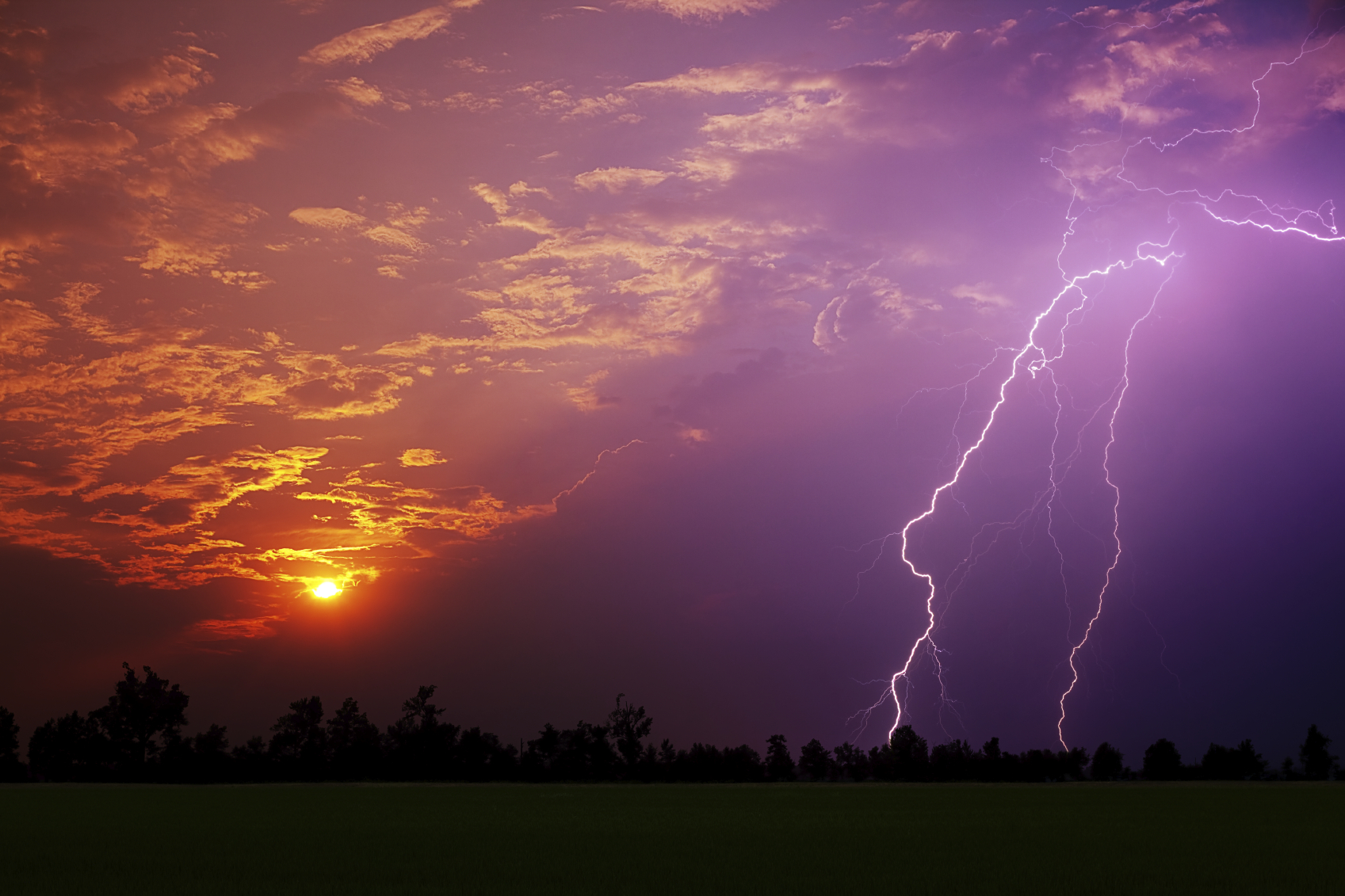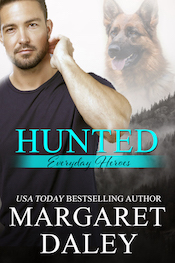
If you want to enter the drawing for Rick’s Blood Brothers, don’t forget to leave a comment with your email address or email me at margaretdaley@gmail.com. The drawing ends Sunday evening.
Rick Acker’s interview:
1. What made you start writing?
Back in the days before iPods, travel DVD players and handheld video games, I was the designated storyteller during long road trips. After one trip, my wife turned to me and said, “Rick, you really need to write that one down!” I’ve been married long enough to know the wisdom of doing exactly what she tells me, so I typed it up and it became The Case of the Autumn Rose, an action/mystery story for “tweens” that was my first published novel.
2. How long have you been writing? When did you sell your first book?
I signed my first publishing contract in 2002, but I’d been writing off and on for twenty years before that: science fiction short stories in high school, inflammatory newspaper columns and really bad poetry in college, and a couple of allegorical novels after law school. In retrospect, I’m glad the poetry and novels weren’t published—and I wish some of the columns hadn’t been!
3. How do you handle rejections?
Usually by sulking, feeling sorry for myself, and wondering if I’ll ever publish anything again. After I’m done moping, I try to learn something from the rejection. Have several publishers rejected the same proposal for basically the same reason? If so, how can I fix the problem in this manuscript or avoid it in the future? Or is the real problem the publisher—are they gun shy because they recently had several titles in my genre crash and burn, for example?
Rejection is never fun, but once you get past the initial sting, it can be a valuable experience. I’m a better writer because of the rejections I’ve received in the past.
4. Why do you write?
For fun. There are other reasons too, of course—I enjoy entertaining my readers, knowing that I’m ministering to them, and cashing royalty checks. But if writing ever stops being fun, I’ll quit. I know of one very famous writer for whom writing stopped being fun years ago. He keeps cranking out books anyway to please his publisher and keep the money coming in, and his writing (and readers) suffered dramatically as a result.
5. What would you be doing with your free time if you weren’t writing?
I do most of my writing while sitting on a commuter train, so my options would be limited to reading, looking out the window, and having loud conversations on my cell phone like the pipe salesman who always seems to be in my car. I’d probably read, and I’d start with Death of a Salesman.
6. What are you working on right now?
I just started writing my first post-Blood Brothers project. The tentative title is Devil to Pay, Inc., and it’s the story of Allie Whitman (a professional whistleblower with a knack for sniffing out fraud in government contracts) and Connor Norman (a gifted litigator with courtroom polish to spare). Together they formed Devil to Pay, Inc., a shell corporation that files lawsuits based on Allie’s investigations—and gets paid handsomely when the defendants settle. Allie and Connor have made good money recovering taxpayer dollars, or making the devil pay, as they like to think of it. But then one of Allie’s targets turns the tables and blows the whistle on her. Suddenly Allie and Connor find themselves fighting desperate battles in and out of the courtroom against a shadowy company that has secrets much darker than padded bills.
7. Do you put yourself into your books/characters?
As little as possible. I find that characters that are different from me and have their own independent personalities are more interesting and entertaining than me simply channeling myself onto the page.
8. Tell us about the book you have out right now.
Okay, time for the shameless plug: According to Christy Award-winning author and physicist Randy Ingermanson, Blood Brothers “is an excellent legal suspense novel, with a strong biotech backdrop. It reminded me of Michael Crichton’s latest novel, Next, except Blood Brothers is better.” It’s also a terrific gift, a fascinating conversation piece, an attractive paperweight, and will help you lose 20 pounds.*
*If you read it while exercising, that is.
9. Do you have any advice for other writers?
Here are three tricks that worked for me:
1. Find a regular time when you can write and stick to it, even if it’s only one hour per week. It’s virtually impossible to write anything longer than a few pages or to grow as a writer unless writing becomes part of the rhythm of your life.
2. Find someone whose judgment you trust to critique your writing, and make him or her promise to be honest. Criticism is never fun to hear, but you won’t become a better writer without it.
3. Don’t give up. Most writers aren’t very good when they start. I was awful, and I still have the poetry to prove it. So keep writing and focus on getting better. You will.
10. How important is faith in your books?
Very important, but usually in indirect ways. I try to write stories about characters who are as genuine as possible and react realistically in crises. When I’m doing that successfully, Christian truths emerge organically in the text—sometimes without me being conscious of them. We believe in a true religion, so it makes sense that the more “true” our stories are, the more truly Christian they will be.
11. What themes do you like to write about?
I write suspense novels, so my favorite themes revolve around how people handle hard decisions. Do they try to save themselves? Do they panic and freeze? Do they sacrifice themselves to save others? And when the crisis has passed, how has it changed those who went through it?
12. What is your favorite book you’ve written and why?
Hmm, that’s a tough one. I have favorite parts in all of my novels, but Blood Brothers has a special resonance for me. As the title implies, the central conflict in the book revolves around the clash between two brothers who nonetheless have deep bonds. The theme of brotherhood was especially important to me as I was writing because my own brother (to whom the book is dedicated) was fighting a losing battle with cancer at the time.
13. What is your writing schedule like?
Most of the time, I write from 7:15 a.m. (when I get on the train) until 8:15 (when I get off). Then I write from 5:45 to 6:45 on the way home.
My schedule changes when I realize that I’m not on track to hit my deadline, which normally happens around two months before a manuscript is due. I start putting in 4 or 5 hours on Saturday and Sunday afternoons—unless the Bears or Notre Dame are on TV. Then about two weeks before my deadline, I switch into panic mode and write basically every moment that I’m not sleeping or working.



